Clear images of your heart and how it functions provide incredibly valuable information for you and your cardiology team. Noninvasive nuclear scanning offers the accuracy we need to better analyze, diagnose and treat certain types of heart disease and conditions.
Adventist Health Northwest Heart Center leads the way in diagnostic cardiovascular imaging. Nuclear imaging can help your doctor:
- Find out how well your heart is functioning.
- See if you’re at risk for a cardiac event.
- Decide the best treatment plan (such as angioplasty, stenting or balloon valvuloplasty).
While the term “nuclear” may sound alarming, nuclear heart scans are very safe. The amount of radiation used in a nuclear scan is minimal and typically equal to or less than other X-ray imaging.
What to expect during your scan
Cardiac nuclear imaging is a branch of radiology (medical imaging) that uses small amounts of radioactive material, also called radioactive tracer, to assess the heart’s muscle blood flow and function. This is especially useful because blood vessels are usually difficult to see and examine on a traditional X-ray.
During a nuclear heart scan, a small catheter (an IV) is placed into your arm. Radioactive tracers are injected into the IV and absorbed in healthy heart muscle. There are no side effects to the radioactive tracers.
Once the radioactive tracer is injected, you will be laying on a scanning table for a short imaging of your heart. After the first set of images, you will undergo a stress test. “Stress” means making your heart work harder. This can be done by walking on the treadmill or by using a medicine injected through your IV.
A dedicated cardiology team will monitor your EKG, blood pressure and other vitals during the stress test. Another small amount of radioactive tracer will be injected through the IV at this time to capture the heart muscle response to stress. After the stress test, you’ll return to the scanning table for the final set of imaging.
How nuclear heart scans work
Healthy heart muscle will absorb the tracer so it appears bright on the X-ray. The brightness level will differentiate areas of good absorption, poor absorption or no absorption. The processed images will be turn over to the cardiologist for careful review.
Nuclear scanning is useful used to check:
- Blood circulation through the heart.
- Potential tissue damage to the heart.
- Undiagnosed heart disease.
- Existing interventions.
- Risk for future cardiac events.
Nuclear technology, hometown comfort
Adventist Health Northwest Heart Center is proud to offer the highest level of radiology expertise. We use the latest diagnostic tools and technologies to make informed decisions about the best treatment for your heart’s unique condition.
While you’re working through your heart issues, you don’t have to add the stress of traveling far away for the best care. We are right here in Portland with everything you need to get back on the road to health and wellness. To schedule an appointment, please call 503-257-0959.

